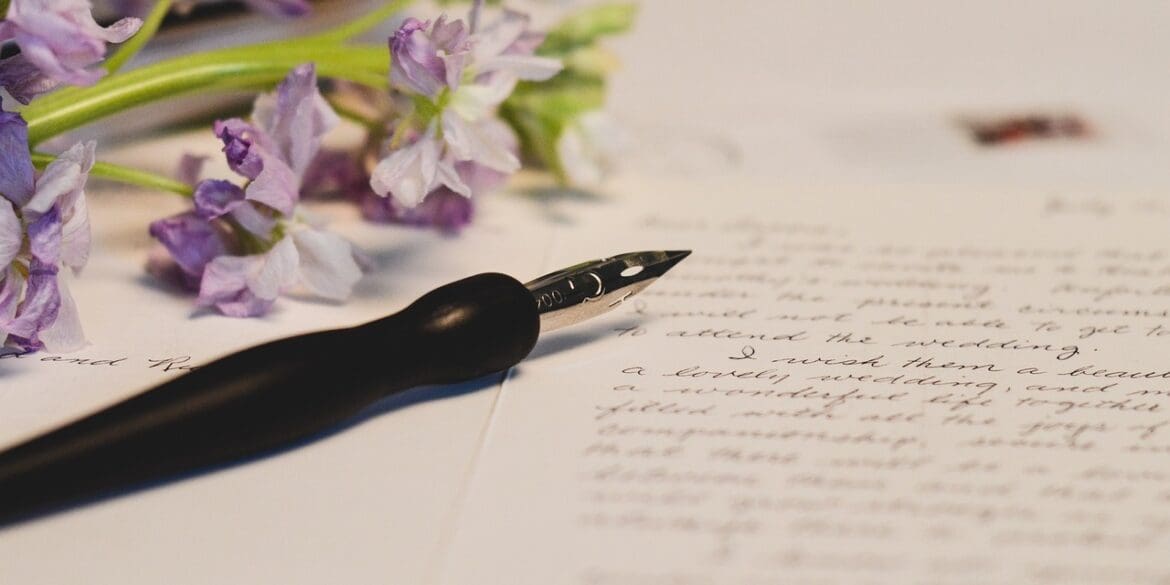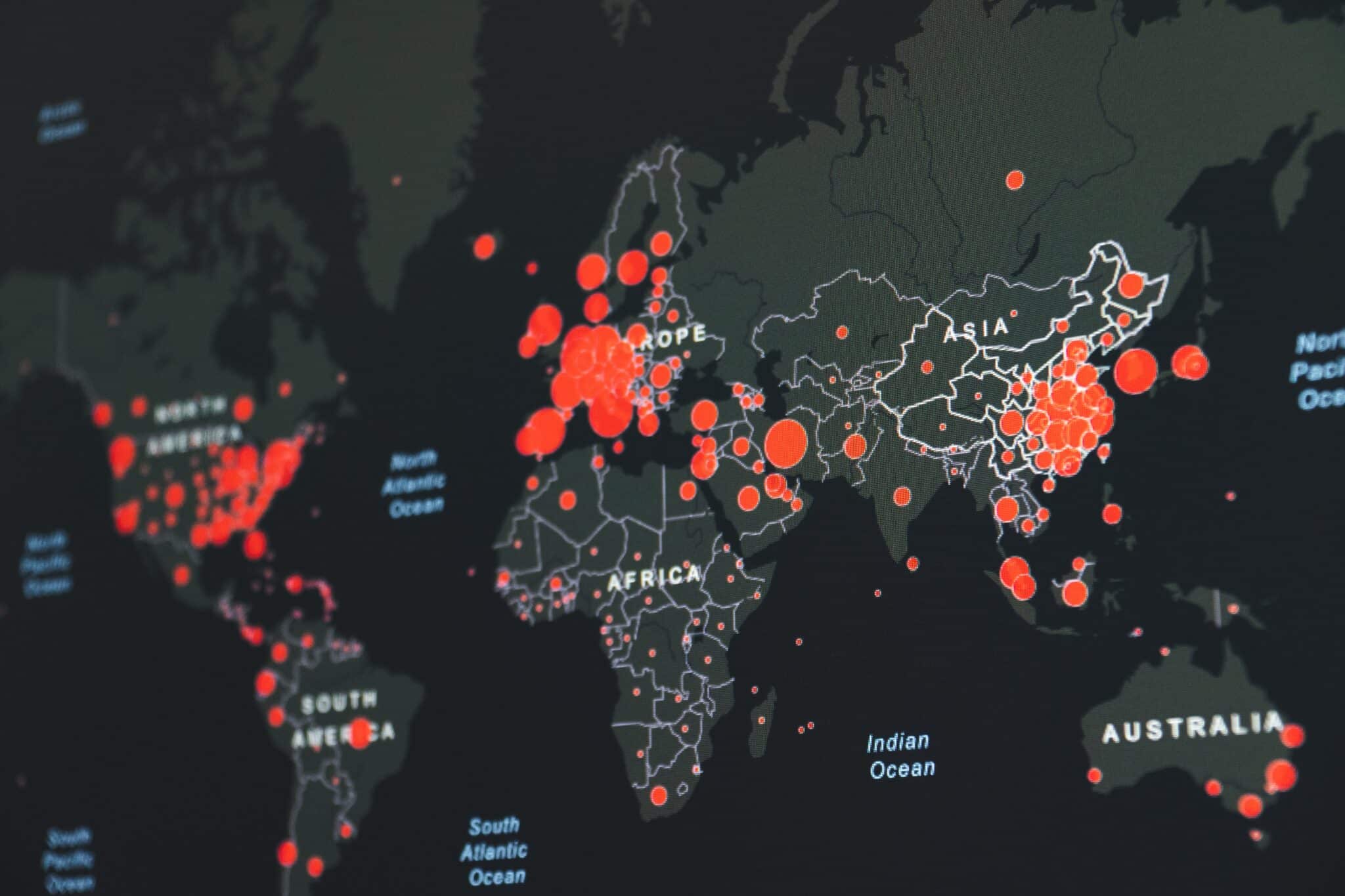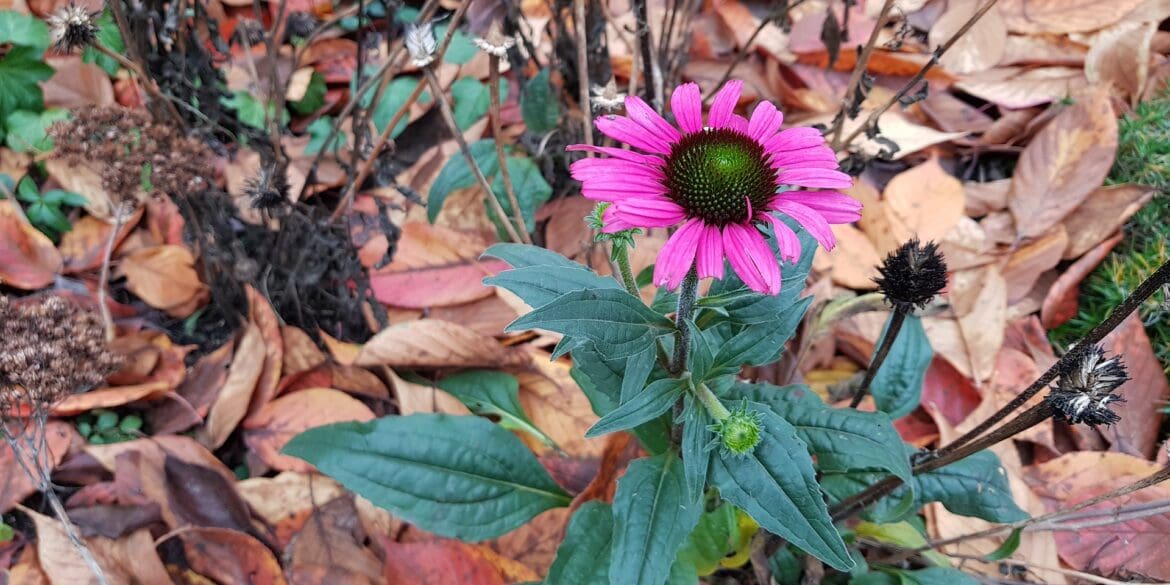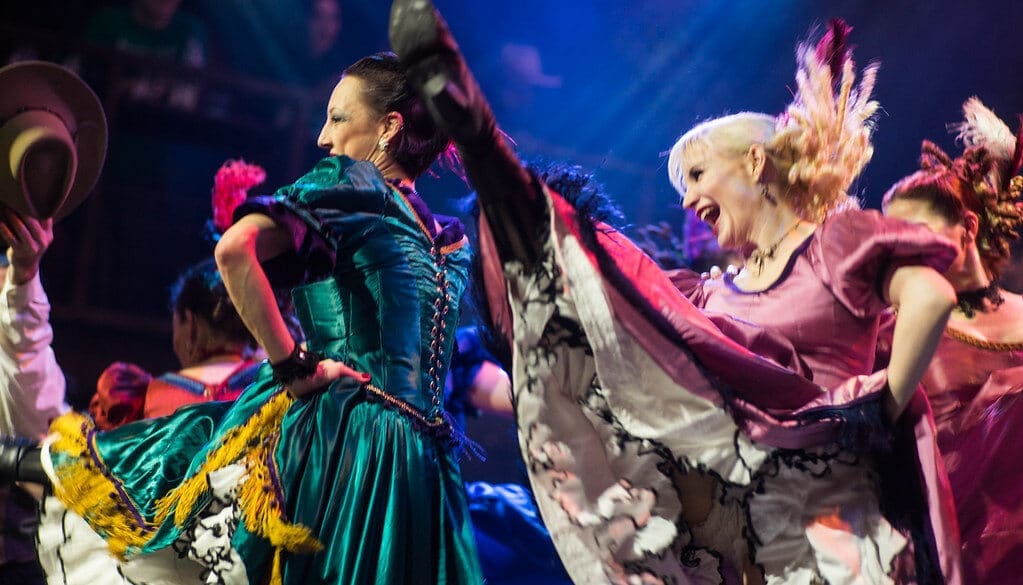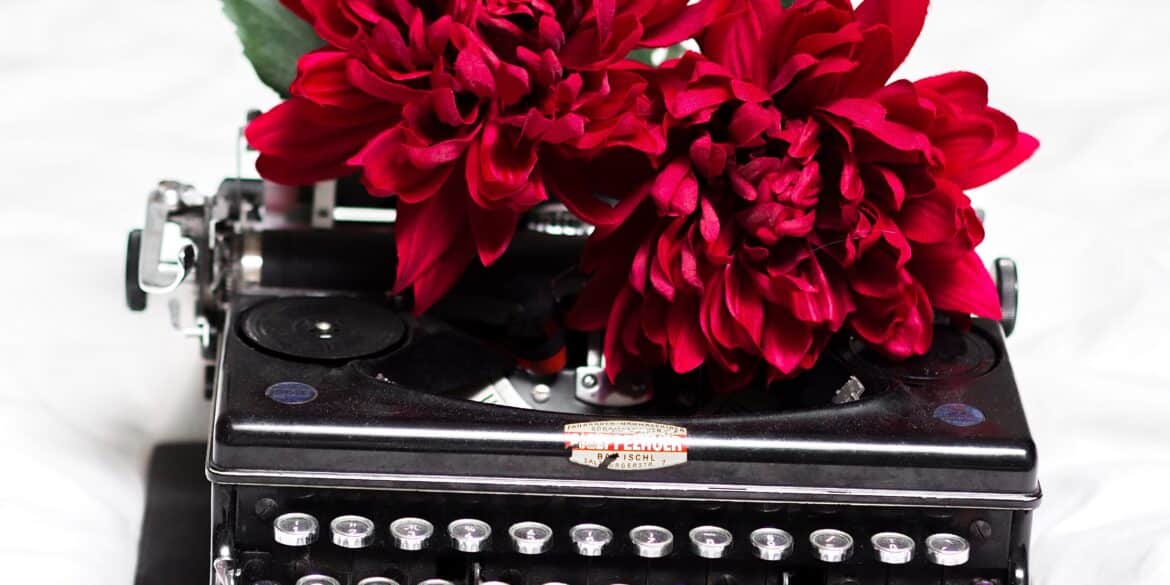In this 2nd of my Processing Parental Grief series, Calliandra receives a letter from her mother weeks after her death.
Autoethnographic Writing
Whether short-form or long-form, personal memoir or speculative fiction, The AutoEthnographer seeks to publish your evocative expressions of the cultural made personal.
"My parents drank wine with dinner every night. There’s nothing remarkable about that, but to a kid growing up in Mid-Missouri it was weird."
I strived to represent the experience of being a pediatric healthcare worker during COVID.
This work, a narrative and poetic account of a school shooting, provides an experiential entry into the experience from the point of view of a faculty member.
This is a love letter to my people, my family and a version of me trying to overcome the trauma of almost seeing their mother die.
This autoethnographic account explores the complex relationship between language and identity.
This piece on hair describes how ideas of what is and is not fashionable, as depicted in popular media, can indelibly affect one’s self-perception and identity.
"My Old Kentucky Homo," highlights my failure to assimilate into the community in which I still live, fourteen years later.
"From dancing at New York’s Metropolitan Opera to the Cow Palace in San Francisco, every venue taught me valuable lessons."
This lighthearted essay illustrates an experience I had in Singapore while doing research for a book I was writing about spirituality.
The process of seeking pregnancy alone (by necessity, not choice) showed me how limited reproductive rights in the U.S. truly are—even before the recent loss of Roe vs. Wade, that policy that had so shaped my generation’s belief in our bodily autonomy.
Lina Fe Simoy·
All ContentAutoethnographic EssaysAutoethnographic PoetryFrom the EditorsMoreVolume 3, Issue 2 (2023)
··5 min readThere are multiple approaches to find one's poetic voice depending on the lens one chooses as a part of the author’s creative process.


